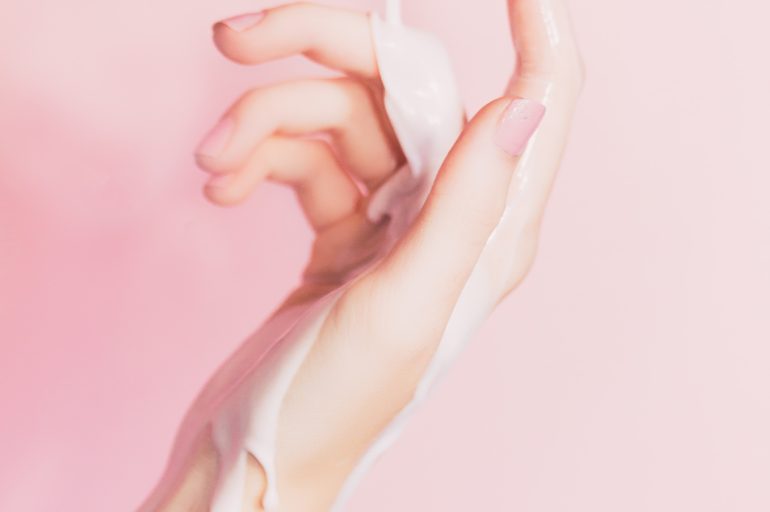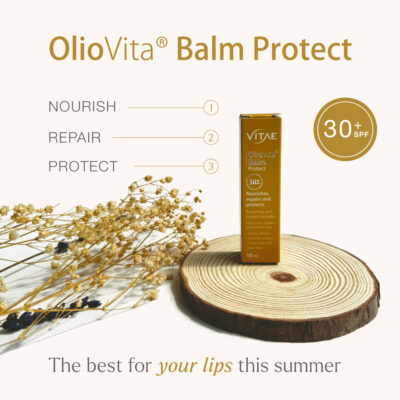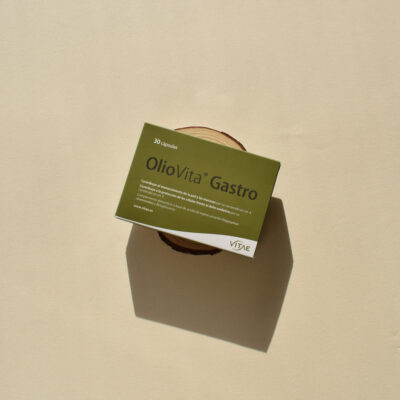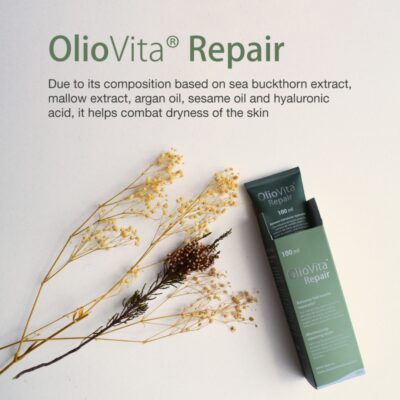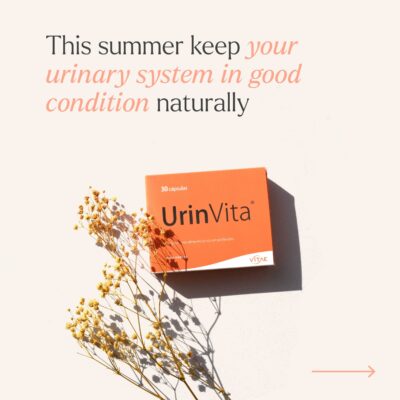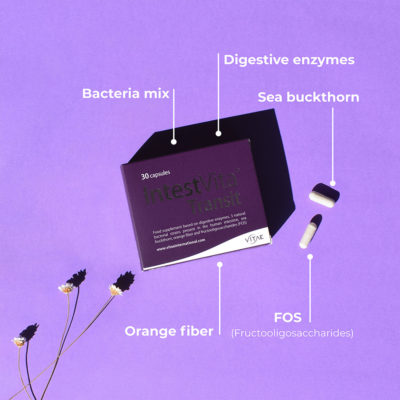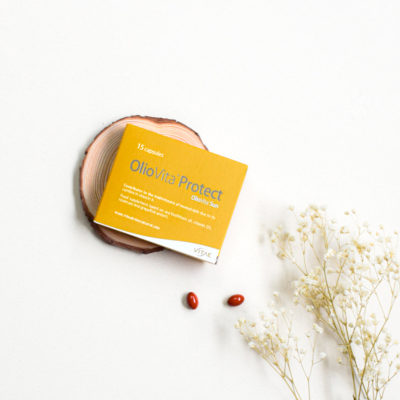Our technical director and head of R & D & I at Vitae, Luisa Varela, tells us about 5 essential things that we should all take into account when taking care of our skin and avoiding oxidation caused by the sun, pollution, poor diet, etc.
- The skin has cellular memory
Our skin has memory and it “remembers” the amount of sun that we have been exposed to throughout our lives. This is why it is very important not to take it in excess during our life. If we have been exposed for a long period of time, we should compensate, because if we continue exposing ourselves, we may suffer from problems due to overexposure.
When we say that the skin has cellular memory, we mean that melanocytes (cells that are in the epidermis and are responsible for us to tan) store information about our relationship with the sun throughout our lives.
We must take into account delicate areas such as the nose, the area around the eyes, between the toes, the ears … parts of the body that we forget, but also have cellular memory.
- The best antiaging treatment is to protect the skin from the sun
One of the effects of the sun, before being harmful and causing melanomas due to uncontrolled overexposure, is to dehydrate our skin, which will cause wrinkles to appear. What is happening is an oxidation of the most superficial skin layer that translates into skin aging. We must not forget that we age because we oxidize, therefore, the more antioxidants we intake, the more prevention we will be doing to avoid accelerated oxidation. We should protect our skin from the sun 365 days a year.
- The skin is an organ whose function is to be our first defense barrier
The skin is an organ (just as the liver or heart), so it is not only a physical barrier, but a biological barrier. It acts as a barrier, but it has other functions, such as, for example, protecting the organs from sun radiation, the entry of microorganisms and dehydration. We also have pain receptors in it and, that is why we notice when something hurts or when something is too cold. Sweating is also a defense mechanism.
It is important to hydrate inside out to maintain good skin function.
- It is important to protect the skin from within
If we only use a topical sunscreen, the only thing we will achieve is to avoid damaging the most superficial skin layer to avoid sunburns, etc. Even so, it may not be enough to hydrate the skin on a continuous basis, especially if, for example, we spend a lot of time outdoors, exposed to artificial light or continuous stress. If we do not have an adequate diet, with sufficient antioxidants, we will find ourselves with a more pronounced oxidation (aging) problem and dehydration.
To hydrate ourselves from the inside, we can do easy but very useful things:
- Consume a sufficient amount of water daily. If, for example, one day we eat worse or drink alcohol, we must bear in mind that it will also cause dehydration, so we will have to compensate with a better intake of water and antioxidants.
- Ingest enough antioxidants to prevent oxidation caused by factors such as tobacco, pollution, medications, diseases, etc.
There are certain ingredients, such as sea buckthorn which has great benefits for the health of the skin and mucous membranes. It is one of the most complete plants in its use, at a medicinal level, to hydrate both skin and mucous membranes. Taking a minimum amount of this ingredient each day, can help to achieve great results. We are talking about half a gram at least up to two grams.
Sea buckthorn has proven its effectiveness orally in an incredible way and there are plenty of clinical studies to back it up. It can also be used topically with oils.
These unique properties are due to its content of a very powerful antioxidant, omega-7. There are plants such as sea buckthorn that contain high quantity of omega 7. Surely we all know about omega-3 or 6, found in many other oils, such as seaweed, fish or olive oil. In the specific case of sea buckthorn, in addition to omega-3, 6 and 9, it also has omega-7. This antioxidant nutrient acts on all these anti-aging systems and that is why it will help us protect the skin and mucous membranes inside out.
There are other plants that contain omega-7 but they are not used regularly in food or the proportion is so small that it is very difficult to make a correct extraction, so this type of fatty acid is very unique and characteristic of sea buckthorn.
- You can protect the skin with natural ingredients
When we eat antioxidant foods, they will act at cellular level. What they really do is act by avoiding a cascade reaction that will oxidize our body and can cause inflammation. These substances oxidize themselves to prevent the oxidation of other cells, capturing free radicals and all those substances that can end up being toxic. They help us to have a balance in this “redox” system of oxidation-reduction, thus protecting cells.
In our case, when we work with sea buckthorn oil, we do not do it alone, we also work with the fruit and its extract, since it is a plant that acts as a synergist of other antioxidants, which is also very good for making products and adjuvants that serve as supplements to our usual diet. The ideal would be to increase the amount of antioxidants in our usual diet. It’s about trying to eat a lot more fruits and vegetables, especially different colors. Every time we put fruits and vegetables of different colors in a salad, we are adding vitamins and antioxidants.
- Tomatoes have a very powerful antioxidant called lycopene.
- Peppers contain beta-carotene and vitamins (depending on their color they will have other properties).
- Green leaf vegetables such as chard, spinach, arugula or lettuce, contain vitamins E, A, C and B.
- Those that are orange such as peach, mango, pumpkin or carrot, contain vitamin A, C and beta-carotene.
In case diet is not enough, it would be good to add antioxidants to our diet through supplementation. Grapefruit, for example, is one of the most antioxidant fruits that we have and has a strong protective action of our cells. You could also add some type of vitamin D, which acts, not only at the level of the immune system, but also has a great antioxidant capacity. Rosemary, like almost all medicinal plants, has antioxidant components. In this case, rosmarinic acid, which is very powerful.
To sum up, we should eat an antioxidant diet, drink a good amount of water, protect our skin from the sun and add supplements to help protect and nourish our skin, if necessary, always as a supplement and not as a substitute for a good diet.

